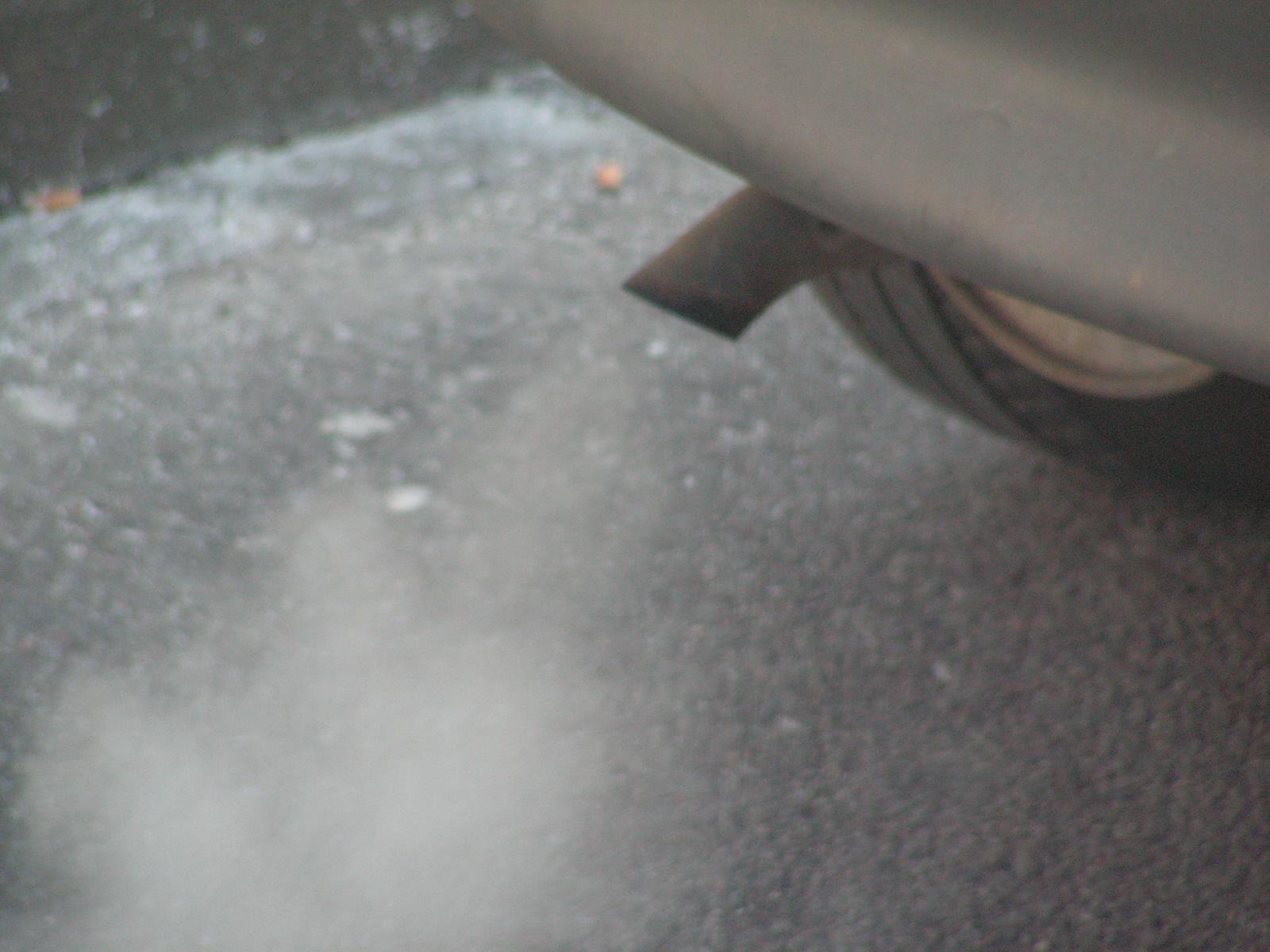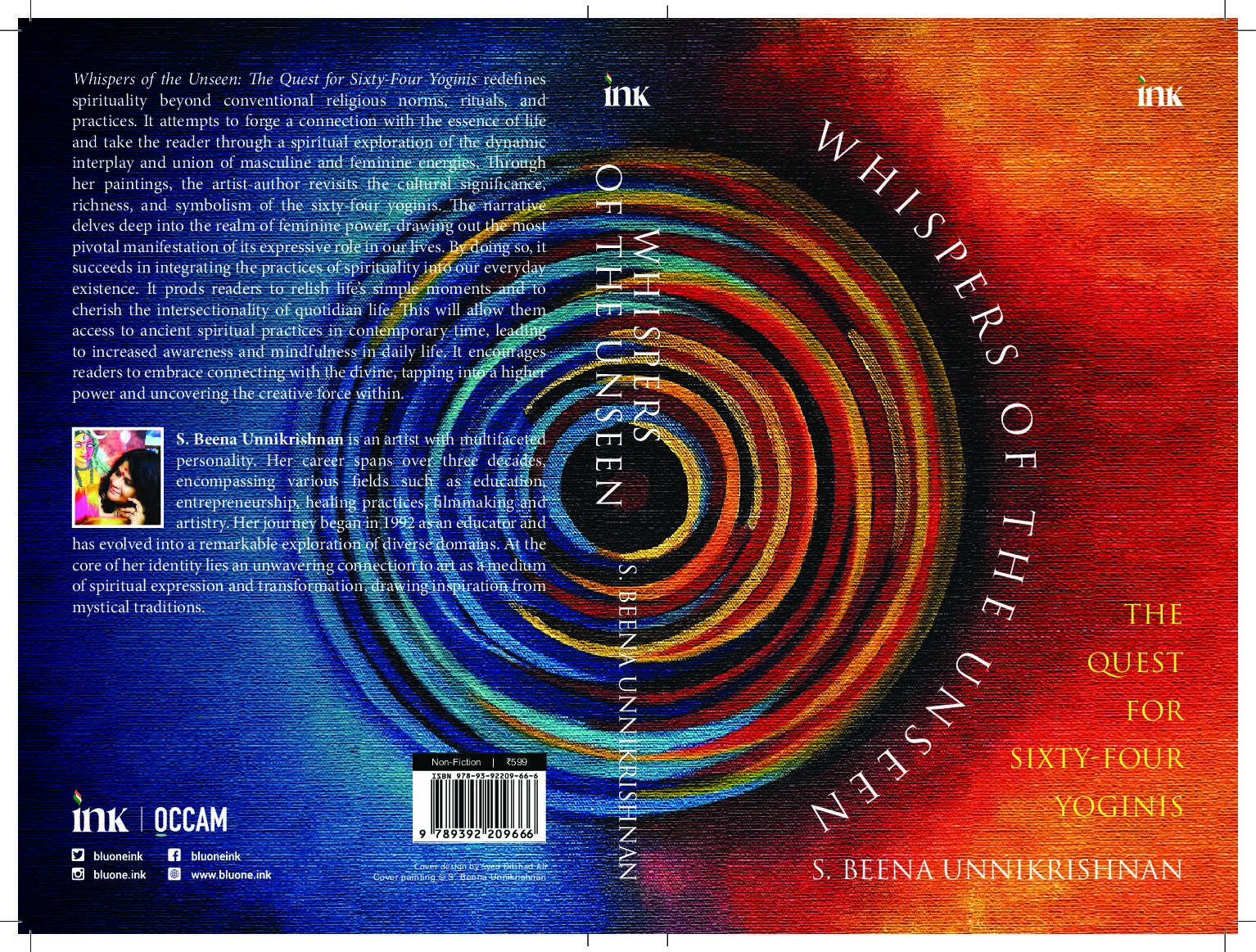NGT order and a crisis of governance
Ravi Shanker Kapoor | July 20, 2016 2:16 pm

KONICA MINOLTA DIGITAL CAMERA
The National Green Tribunal’s (NGT’s) order to the Delhi government’s transport department to deregister 10-year-old and older diesel vehicles is indicative of an abject failure of governance regarding the important matter of surface transport. Even if the Tribunal’s direction is regarded as an instance of overreach, the Central and Delhi governments cannot escape the charge of casualness: the necessary condition for any overreach is policy deficit.
The Bench headed by NGT chairperson Swatanter Kumar said, “We are of the considered view that there is no occasion for the tribunal to set aside the April 7, 2015, order which prohibited plying of diesel vehicles which are more than 10 years old on the roads in Delhi-NCR… we hereby direct RTO [Regional Transport Office] Delhi to deregister all diesel vehicles which are more than 10 years old.”
The NGT’s ruling is predicated upon its belief that diesel vehicle emissions are more polluting than those from petrol and compressed natural gas (CNG) vehicles. The Supreme Court shares the NGT’s belief; in the last one-and-a-half years, both have passed numerous orders to check the air quality in the National Capital Region (NCR) and focused on minimizing the use of diesel. The apex court’s ban, in December 2015, on the registration of 2,000cc diesel vehicles caused a lot of anxiety among the users as well as the auto industry.
While diesel is surely more polluting than petrol, it is also a fact that there has been tremendous improvement in diesel engines over the years. The diesel vehicles today are said to be 25-50 times less polluting than they were 15 years ago. Further, research has shown that the so-called clean fuel, CNG, is not as harmless as it is made out to be. A study conducted by the Council of Scientific and Industrial Research (CSIR) last year found that CNG-run vehicles emit carcinogenic particles.
CSIR Director General M.O. Garg said during his address at the Global Green Energy Conclave, “Natural gas is supposed to be a clean fuel when used in internal combustion engines, right? But I don’t think people realize that what you see [smoke] is perhaps better than what you don’t see [no smoke from CNG vehicles].” The CSIR study found nanocarbon particles emanating from natural gas combustion. “These particles are moving around in the atmosphere and going straight into your lungs through your nose. It then enters into your blood through membranes.”
To what extent diesel vehicles should be used and how much CNG use should be promoted, what would be the implications transport on public health, what are the fiscal consequences, the impact of policy framework on investment—all these questions should ideally be addressed by ministers and officials, in consultation with domain experts and the stakeholders concerned.
The conditions in our country, however, are far from ideal. The Central and Delhi state governments are busy fighting each other, settling political scores, and scoring brownie points. The fulminations and motivated agendas of activists fill in the vacuum, leading to decisions by courts and quasi-judicial bodies like the NGT, which in turn cause abrupt changes in public policies.
It is no different this time. According to a report in The Times Of India (July 20): “The National Green Tribunal’s order to deregister diesel vehicles older than 10 years in Delhi and NCR could take away 70 per cent of the goods carriage fleet of the capital and nearly 90 per cent of its private chartered buses. A day after the ruling, transport department officials were still coming to grips with the enormous impact the order was likely to have.”
Abrupt changes in policy also reduce the attractiveness of our country as an investment destination. Toyota, for instance, has already stopped further investment in India.
Meanwhile rival politicians and governments fight with each other. A classic case of maximum government, minimum governance.































